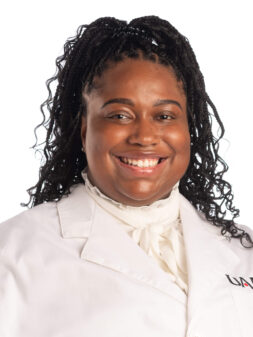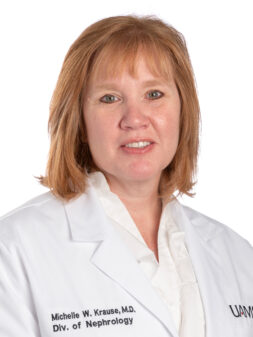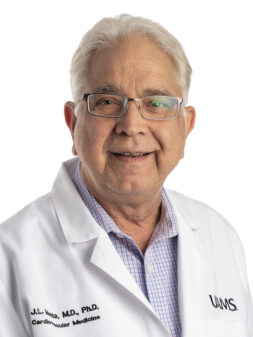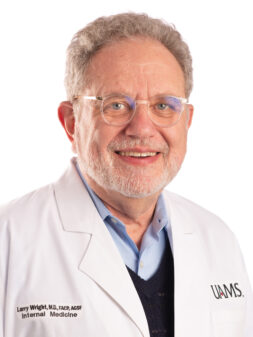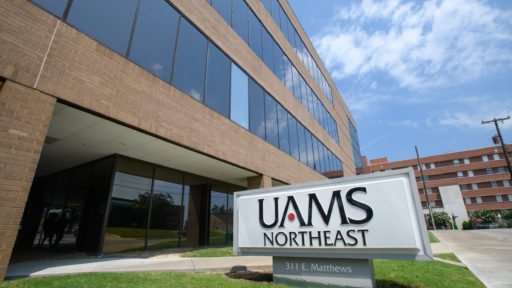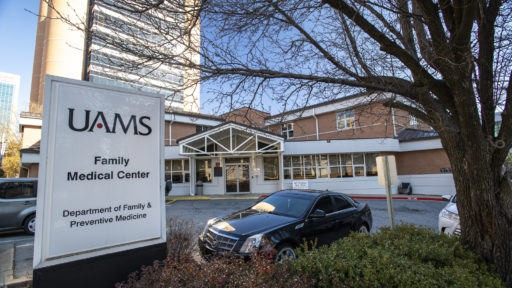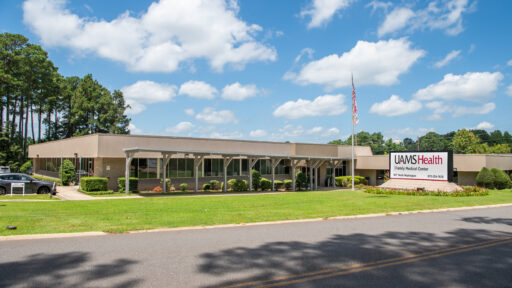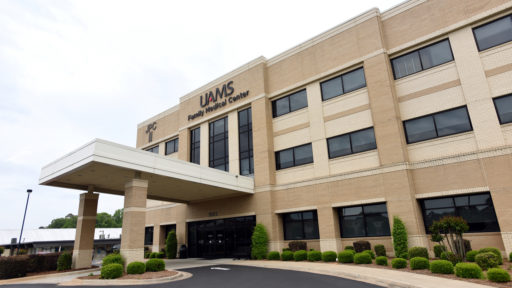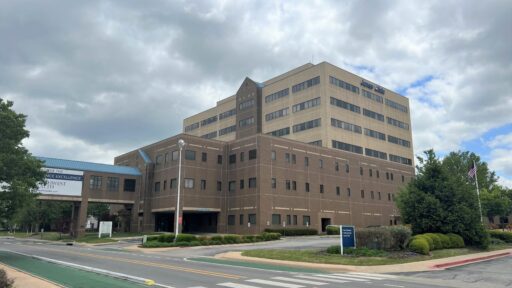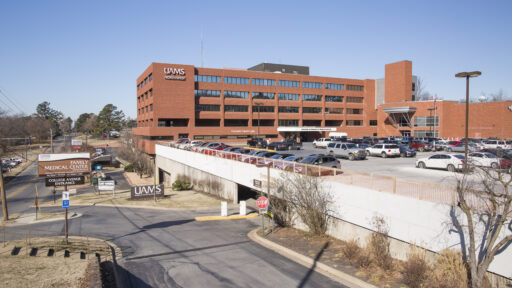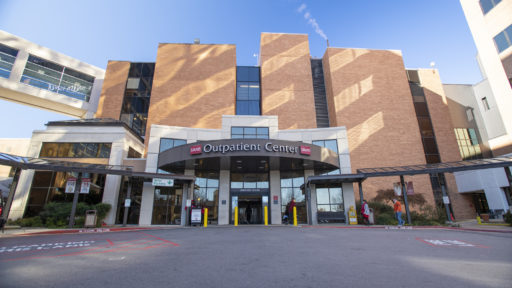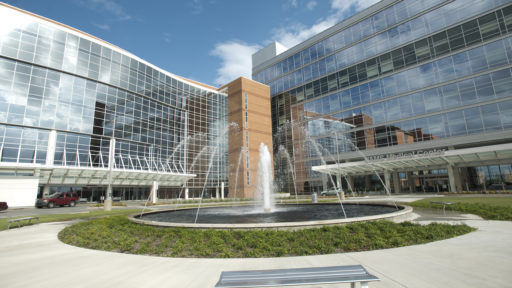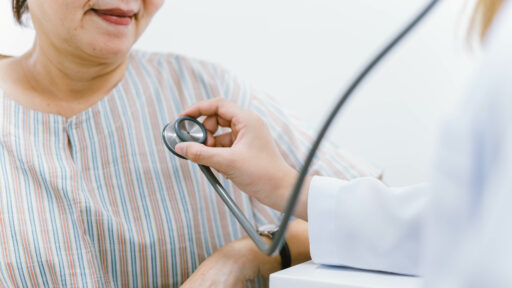Also called: Hypertension
Blood pressure is the force of blood pushing against the walls of the arteries. The pressure is the highest when the heart beats and pumps blood into the vessels, and the pressure is the lowest in between beats when the heart relaxes.
You must have your blood pressure numbers recorded in order to know if you have high blood pressure or hypertension. There are two numbers recorded, the top number and the bottom number. The top number, or systolic pressure, refers to the pressure inside the artery when the heart pumps blood through the body. The bottom number, or diastolic pressure, refers to the pressure inside the artery when the heart is at rest.
A 120/80 or lower is considered a normal blood pressure reading. A 140/90 or higher is considered a high reading. A systolic reading between 120 and 139 and a diastolic reading between 80 and 89 is considered high or prehypertension.
Risks Factors
Nearly one-third of all Americans have high blood pressure, but those who are at most risk include:
- People with diabetes, gout or kidney disease
- People with a family history of high blood pressure
- African Americans, particularly those in the southeastern United States
- Men in their early to middle adult years
- Women in their middle to later adult years, particularly after menopause
- People age 60 and older
- Women who take oral contraceptives
Other factors that can cause high blood pressure include:
- Obesity
- Excessive sodium intake
- A lack of physical activity
- Excessive alcohol consumption
High blood pressure increases the risk of coronary heart disease, heart attack and stroke. Because there are usually no signs or symptoms of high blood pressure, the best way to know if your blood pressure is high is to have it checked regularly. You can have it checked by your doctor or health care provider, or you can check it yourself at home with an electronic blood pressure monitor.
Controlling High Blood Pressure
High blood usually can be controlled through lifestyle changes. However, some people may have to take medication daily and check their blood pressure routinely.
Ways you can control high blood pressure include:
- Eating foods low in sodium, calories and fat
- Eating foods high in fiber
- Maintaining a healthy weight or losing weight if required
- Eating smaller portions of food
- Increasing physical activity
- Reducing or limiting alcohol


